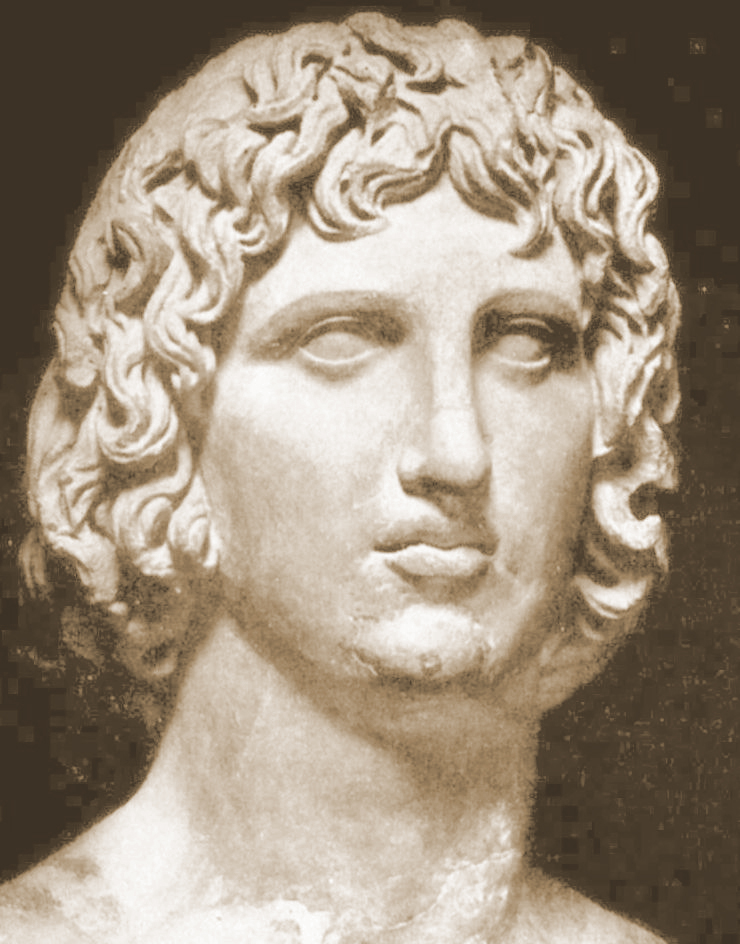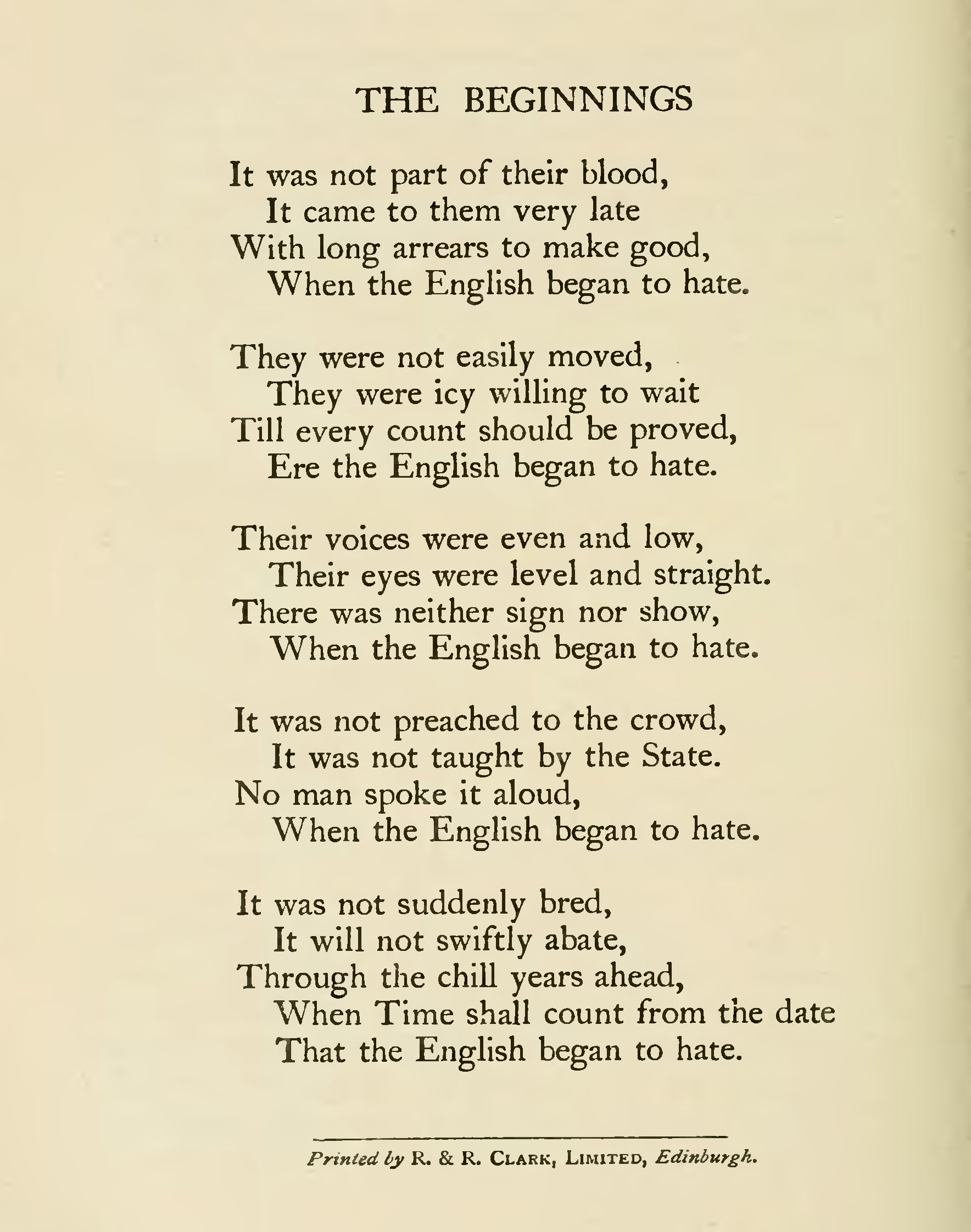‘Winter Is Coming’ is the premiere of the HBO medieval fantasy television series Game of Thrones.
When in years past the comment threads were open on this site I noticed that one of my topics that didn’t attract attention was Game of Thrones (A Game of Thrones, which English-Spanish translation I have near where I write, is the first novel of George R.R. Martin’s A Song of Ice and Fire). But it must be understood that in my childhood, after seeing Kubrick’s best film, I wanted to be a film director (that was a few years before a family tragedy that would destroy several lives).
In my books I say that when I was a child Warner Bros. offered my father a job so he could go to work in the United States. My father declined the offer and sentenced me to live in a country other than my own. But I was left with the desire to have been a director and the only thing I can do now is film criticism. Of course, as a director I would have handled Martin’s novels in a very different way compared to the way the pair of Jews who produced and directed the HBO series did. For example, Martin’s feminism was exacerbated by David Benioff and Daniel B. Weiss, known to fans as D&D. I would have decreased it as much as possible.
In this series of criticising each episode of Game of Thrones that I’m starting with this post we must bear in mind that I am more critical of the toxic fandom made up of whites than the script that D&D developed. The author of the video we recently transcribed for this site on toxic fandom said elsewhere that Arya Stark was the most mishandled character of all Game of Thrones seasons. I would add that this speaks very badly of the fandom of whites who complained a lot about the finale but never about what D&D did with Arya.
Only in the first episode of the HBO series does Arya appear as she must have appeared throughout both Martin’s novels and the television series: a girl being educated in embroidery and weaving and confined to the home of a feudal lord. Not only the normies don’t want this ‘transvaluation of values’ on how to educate women today. Even many white nationalists don’t reject feminism with the vehemence that every Aryan male should (the masculinisation of the white woman is directly proportional to the feminisation of the white man).
In that same opening episode, shortly after showing Arya in her embroidery and knitting classes with other girls, we see her little brother Bran Stark trying to get a good shot at target shooting. Bran does it very badly and, from behind, Arya, who is even younger than him, hits the target with her bow and arrow thus humiliating her little brother.
That is the first bad message of Game of Thrones. As we have already said on this site, Hollywood is portraying female warriors as faster than men. The reality is that women are slower and generally inferior to us in both physical and intellectual sports (see what I said last December about chess).
It is very important to criticise the white fans of the series for not being outraged by such reversals of reality, from the very first episode. White nationalism limits itself to blaming Hollywood Jews as if whites, in this case the toxic fandom, weren’t equally guilty of greedily consuming those products without criticising them.
When the king of the seven kingdoms, Robert Baratheon and his royal court, arrive in Winterfell and the Starks receive them, Arya contemplates them with a helmet (in its place that little girl would have had to wear a hood). When Arya arrives with her reunited family about to receive the king, Ned, her father, immediately removes her helmet. In the historical medieval world, not in these mad films that demoralise the Aryan man, little girls didn’t want to become soldiers throwing away all of their femininity, much less a blue-blooded girl like Arya Stark.
In sharp contrast, the dialogue between King Robert and Ned Stark in the crypts is very realistic and very masculine. Voices like this are no longer heard in the West, not even among its supposed defenders. This is how we men used to speak: as Robert Baratheon spoke in the crypt when paying his respects to Ned’s late sister Lyanna Stark, with whom he had been in love.
Across the narrow sea in Essos the blond prince Viserys Targaryen forces his sister, Daenerys, to marry a Dothraki warlord, the non-white Drogo. Viserys thus fantasises about conquering Westeros and claiming the Iron Throne for the Targaryen House that Robert had destroyed. (In Martin’s universe the Targaryens were known for their incredible hyper-Nordic beauty, and I think the producers of the show should have chosen more beautiful actors to play the roles of Viserys and Daenerys.) Viserys says something horrible to his blonde sister: that in his quest to regain the throne for his house he would even allow the forty thousand horses of the swarthy Dothraki to mount her. It’s a terrible message because, despite medieval barbarism, I don’t think blond princes treated their princesses like that in real history.
Later we see an uninhibited King Robert dancing, kissing and groping a fat commoner during the evening feast in the great hall of Winterfell in front of Cersei Lannister, his wife and queen. But that’s nothing compared to the wedding between the blonde and the swarthy warlord on the other side of the narrow sea. If the white fans of Game of Thrones were good people they would have rebelled from this moment on. But as we know from the recommended readings in the sticky post, they are the worst generation of whites since prehistory.
 But the superiority of the white race cannot be hidden visually, not even with Jewish directors. There is, in this premiere, a short scene that puts Daenerys side by side with black and mulatto women before she was deflowered by Drogo. I mean Daenerys’ walk in the direction of her white mare that Drogo gave her as a gift on their wedding day. The seventh art perfectly portrays the infinite superiority of a white woman over dark people.
But the superiority of the white race cannot be hidden visually, not even with Jewish directors. There is, in this premiere, a short scene that puts Daenerys side by side with black and mulatto women before she was deflowered by Drogo. I mean Daenerys’ walk in the direction of her white mare that Drogo gave her as a gift on their wedding day. The seventh art perfectly portrays the infinite superiority of a white woman over dark people.
The brief scene reminded me of a tale by Nicaraguan poet Rubén Darío (1867-1916), who contrasted a white girl eating grapes with the swarthy people who surrounded her here in Latin America: Y sobre aquel fondo de hollín y carbón, sus hombros delicados y tersos que estaban desnudos, hacían resaltar su bello color de lis, con un casi impenetrable tono dorado (‘And against that background of soot and coal, was the beautiful lily colour, with an almost impenetrable golden hue of her naked and delicate smooth shoulders’).





